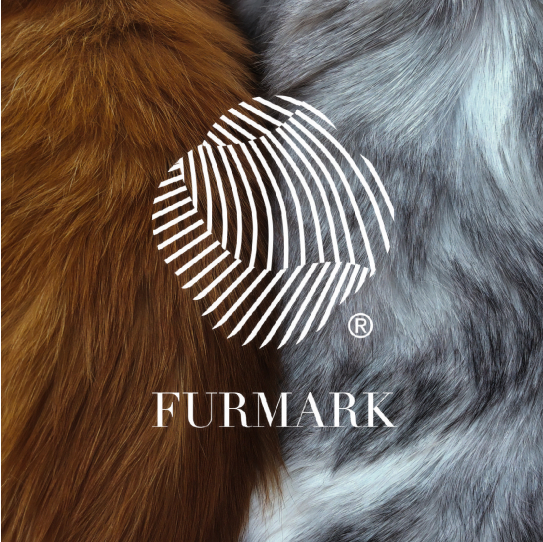Take Part: Government Call for Evidence
Want to help stop a UK ban; here’s how.
A Private Members’ Bill has been introduced to Parliament that seeks to ban the import and sale of natural fur in the UK Fur (Import and Sale) Bill, Parliamentary Bills - UK Parliament . This proposal will be debated in the House of Commons on 13th June 2025.
The Government has yet to confirm whether it will support this measure. However, we know that there are ministers in government who are supportive whilst Labour has previously introduced anti-fur legislation.
If it goes ahead, it will have devastating consequences and effectively criminalise the buying and wearing of natural fur. There’s time to show you strongly believe it should be left to you as an informed consumer, not animal rights activists, to decide what you should be allowed to buy and wear.
Read our dedicated briefing on why a ban would be unworkable and unsustainable, including:
- There is no majority in favour of introducing restrictions on ethically source fur in the UK.
- The calls for restrictions on fur come from animal rights activists who also have an agenda of banning all animal products including wool, leather silk as well as modern farming.
- There are exacting standards and rules in place governing the fur sector, together with extensive assurance schemes, banning natural fur would do nothing to improve standards in animal welfare and is a purely symbolic move pushed by animal rights activists.
- A ban would not work and would be unenforceable. It would simply push sales online, untaxed and unregulated and to those who care little about animal welfare.
- It would also impact on the indigenous groups who still depend on fur for their survival in places like Greenland and Canada.
- It would impact on those religious groups who use fur.
- It would lead to thousands of job losses and closed businesses.
- It would damage London as a global fashion hub with many designers and brands using fur.
- It would not be possible to ban fur in Northern Ireland, that remains part of the EU Customs Union, and therefore risks disrupting trade between the countries of the UK.
- It would disrupt trade relations with some of our closest allies who are major fur producing and manufacturing countries including Canada and the United States and much of Europe.
- Fur remains popular with sales increasing over the last decade.
- Banning fur would simply increase sails of oil based synthetic fast fashion. Natural fur is far better for the environment than the man made materials.
- Banning fur is a retrograde, damaging step and no sensible Government would consider implementing it particularly given other priorities including tackling the pandemic.
Contact your MP Find MPs - MPs and Lords - UK Parliament or the Defra Secretary Steve Reed steve.reed.mp@parliament.uk and make clear your opposition to a fur ban.
Read our longer briefing that explains the damaging consequences of a fur ban: click here
Have your say now and say No To the Wardrobe Police : click here for a dedicated briefing
Animal Welfare
The Fur Truth

Sustainability
Part of the natural, 'slow' solution to ‘fast’ fashion

Fashion
An inclusive, accessible, and popular natural material

